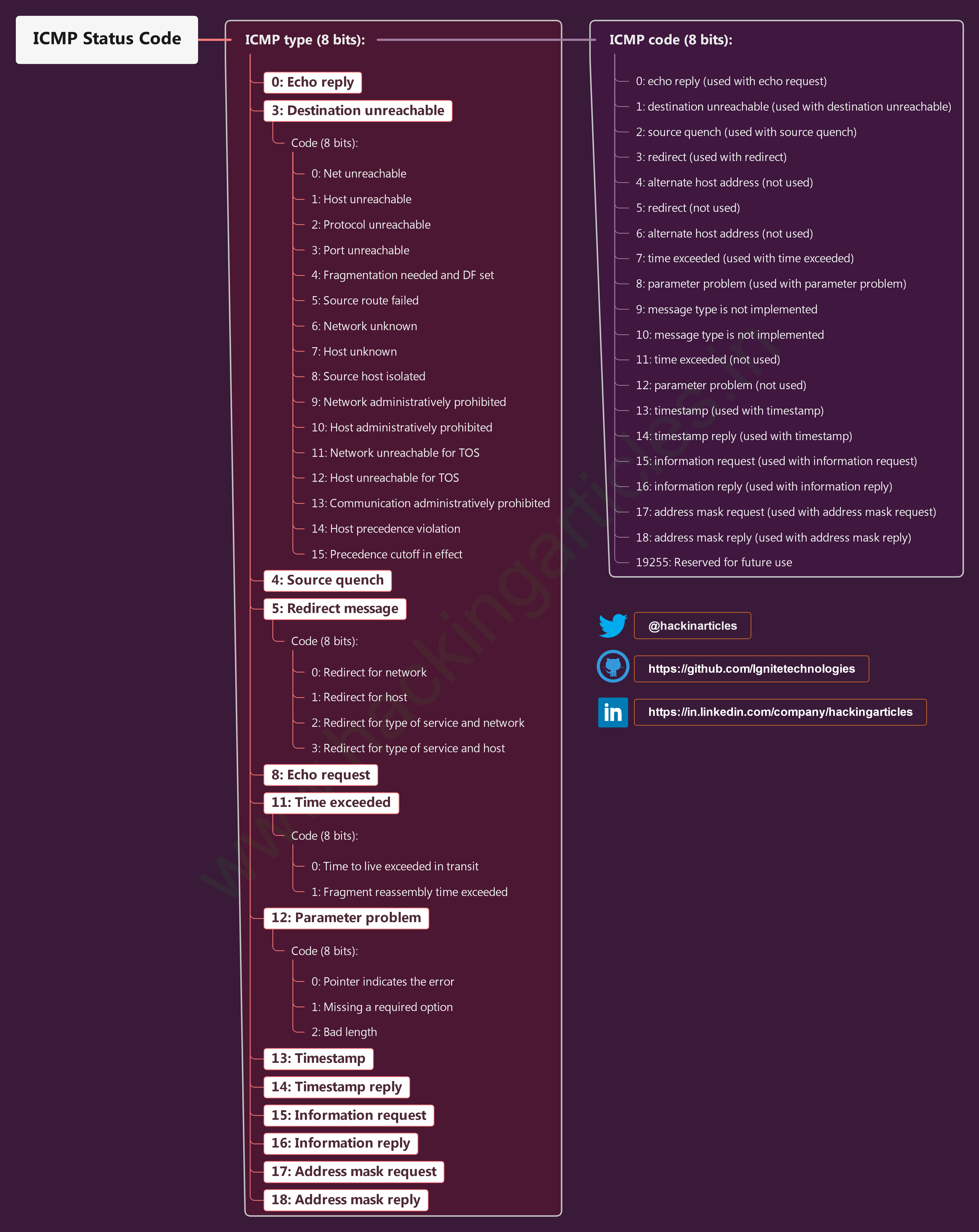🚫The ICMP Dilemma | Why Blocking it Makes You a Networking Noob 🤦
 Ronald Bartels
Ronald Bartels
In the realm of networking, there's a peculiar practice that persists, often driven by misguided attempts at bolstering security. It's the act of blocking ICMP (Internet Control Message Protocol). Today, we're here to bust the myth and make it clear: blocking ICMP provides zero security benefits and, instead, renders you a networking noob. Let's delve into the reasons why this practice not only lacks merit but can actively disrupt essential network functionalities.
Understanding ICMP
Before we dive into the reasons against blocking ICMP, let's understand its role. ICMP is a fundamental part of the Internet Protocol Suite. It's not just a single protocol but a suite of protocols designed to facilitate communication and error reporting between network devices. Some of its key functions include network diagnostics, error reporting, and management tasks.
Now, let's debunk the misconceptions surrounding the blocking of ICMP.
Security Through Obscurity is a Myth: Blocking ICMP is often justified under the notion of "security through obscurity." The idea is that if potential attackers can't receive responses to their probes, they won't gain information about the network. However, this is a flawed approach. Skilled attackers can find other ways to probe and gather information, and blocking ICMP provides a false sense of security.
Breaking Path MTU Discovery: ICMP is crucial for Path MTU Discovery, a process that ensures efficient data transfer by determining the maximum size of packets that can traverse the network without fragmentation. Blocking ICMP disrupts this mechanism, leading to packet fragmentation issues, decreased network performance, and potential application failures.
Network Troubleshooting: ICMP plays a pivotal role in network troubleshooting. Tools like Ping and Traceroute utilize ICMP to diagnose connectivity issues, measure latency, and trace the route taken by packets. Blocking ICMP eliminates these diagnostic tools, making it challenging to identify and resolve network problems.
Breaking Networked Applications: Many applications rely on ICMP for proper functioning. For instance, VoIP services, online gaming, and other real-time applications use ICMP to measure latency and optimize performance. Blocking ICMP can lead to lag, dropped calls, and a subpar user experience.
Preventing ICMP Redirects: ICMP Redirects are essential for efficient routing in dynamic networks. Blocking ICMP prevents the network from redirecting traffic to more optimal routes, resulting in suboptimal performance and potential congestion.

Wrap
Wrapping up, blocking ICMP is a counterproductive practice that provides no real security benefits while actively impeding essential network functionalities. Rather than enhancing security, it introduces complications, disrupts applications, and hinders network troubleshooting. As networking professionals, it's crucial to adopt a nuanced and informed approach to security, steering clear of practices that are rooted in misconceptions rather than actual threat mitigation. So, if you find yourself tempted to block ICMP, it might be time to reassess your networking strategy and avoid falling into the "noob" category.
Also visit, the definitive web site about blocking ICMP!
Ronald Bartels ensures that Internet inhabiting things are connected reliably online at Fusion Broadband South Africa - the leading specialized Last Mile SD-WAN provider in South Africa. Learn more about the best SD-WAN in the world: 👉Contact Fusion
Subscribe to my newsletter
Read articles from Ronald Bartels directly inside your inbox. Subscribe to the newsletter, and don't miss out.
Written by

Ronald Bartels
Ronald Bartels
Driving SD-WAN Adoption in South Africa